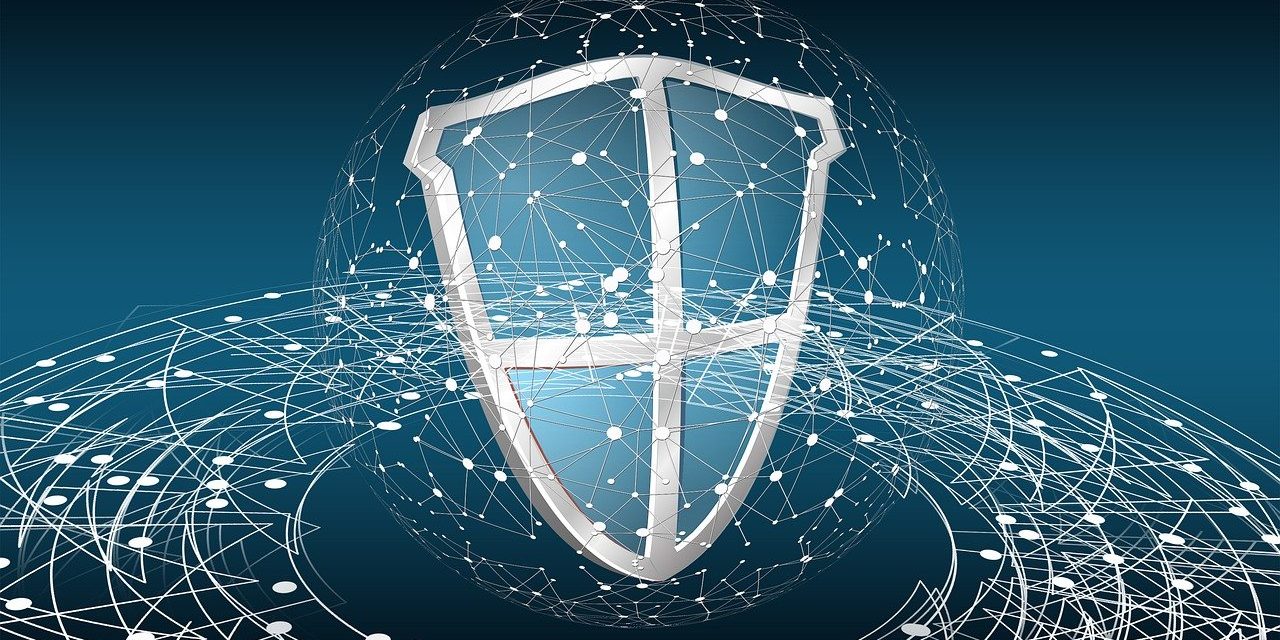CHICAGO – According to a research report “Decentralized Identity Market by Identity Type, End User, Organization Size, Vertical (BFSI, Government, Healthcare and Life Sciences, Retail and eCommerce, Telecom and IT, Transport and Logistics, Real Estate, Others) and Region – Global forecast to 2027”, published by MarketsandMarkets™, the Decentralized Identity Market size is projected to grow from USD 285 million in 2022 to USD 6,822 million by 2027, at a Compound Annual Growth Rate (CAGR) of 88.7% during the forecast period. The major driving factors contributing to the high growth rate of Decentralized Identity Market include rising instances of security breaches and identity related fraud, inefficiency of existing identity management practices and end user advantage of retaining full control over use of identities.
Browse in-depth TOC on “Decentralized Identity Market”
111 – Tables
29 – Figures
146 – Pages
By organization size, the large enterprises to hold largest market share during the forecast period
The increasing investments in the blockchain technology for identity management have led large enterprises to experiment and embrace the innovative technology. Faster interactions, cost reduction, business expansion capability, and enhanced security aspects are expected to fuel the expansion of the blockchain technology among large enterprises. Several companies from different industry verticals, such as logistics and transportation, automobiles, and manufacturing, are at various stages of testing traditional record keeping platforms for new requirements. IBM, Microsoft, and AWS have adopted blockchain technology to a significant extent. The large enterprises segment is projected to have a larger market share in the global Decentralized Identity Market.
Based on verticals, the real estate segment to grow at the highest CAGR during the forecast period
Enterprises are actively developing integrated decentralized identities within blockchain based applications across many industries including real estate. The use of decentralized identity in real estate is increasing with the rise in smart cities initiatives. Decentralized identities support the automation of payments in real estate. They also play a significant role in background checks for Anti Money Laundering (AML) or enhanced Know Your Customer (KYC) processes.
Blockchain based transactions are traceable and transparent by nature, though the access and visibility can be permission-based. Decentralized identities can be tied to various entities such as land registries, realtors behind property listings, banks, insurance companies, and many other services. Without sacrificing privacy or the security of sensitive information, decentralized identities help to develop an end-to-end solution with transparent, verifiable processes in a trustless environment on the personal, business, or government level. Many processes in real estate are still being carried out on paper, which could be expensive and result in more manual errors. A blockchain based system with decentralized identities can streamline time consuming processes, like purchasing a new home, or making rental agreements, while reducing costs and chances of error. The demand for decentralized identity in real estate is increasing due to these advantages.
The Asia Pacific region to grow at the highest CAGR during the forecast period
Asia Pacific is riding the wave of digitalization and more people are becoming part of the internet economy. The amount of personal data found online has increased exponentially due to the growing online commerce, mobile commerce, and social media usage. This is leading to a rise in the number of fraud attempts, which businesses are finding harder to combat. Asia Pacific is thus seeing wider adoption of decentralized identity solutions. China and India have always grappled with criminal activities related to identity theft and theft of personal information. The Indian government has drafted a national blockchain strategy to develop a uniform blockchain platform. This platform will be used to host an identity management application that can be a single access point for different government-issued IDs such as the Unique Health ID and other IDs under AgriStack, EduStack, etc.
Market Players
Key and innovative vendors in Decentralized Identity Market include Microsoft (US), Accenture (Ireland), Persistent (India), Wipro (India), SecureKey Technologies (Canada), R3 (US), Avast (Czech Republic), Validated ID (Spain), Serto (US), Ping Identity (US), NuID (US), Dragonchain (US), Nuggets (UK), Finema (Thailand), Datarella (Germany), Civic Technologies (US), 1Kosmos (US), Affinidy (Singapore), Hu-manity (US), SelfKey (Mauritius).
Source: MarketsandMarkets





